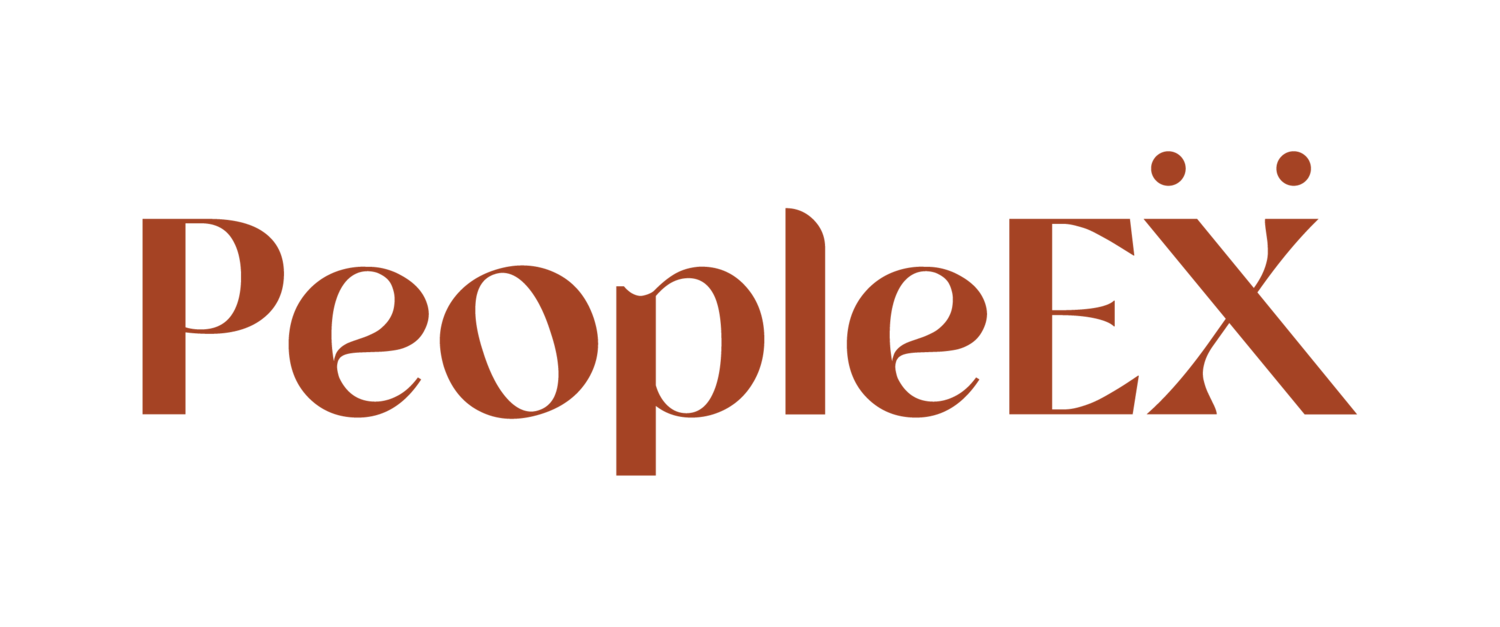Salary Predictions 2025: What’s Really Happening
As we progress through 2025, New Zealand's salary landscape is experiencing modest adjustments across various sectors, influenced by economic conditions, legislative changes, and evolving market demands. Here are our PeopleEX thoughts and predications (nb. Not our advice, our thoughts!):
Minimum Wage and Living Wage Updates
Effective 1 April 2025, the adult minimum wage in New Zealand will increase by 1.5%, rising from $23.15 to $23.50 per hour. This increment, described as the smallest since the 1990s, reflects the government's cautious approach amidst economic recovery efforts. In contrast, the 2024/25 Living Wage rate is set at $27.80 per hour, underscoring a significant disparity of $4.30 per hour between the minimum and living wages. This gap equates to a difference of $172 per week or $8,944 annually for full-time workers, highlighting ongoing concerns about wage adequacy in meeting the cost of living.
Sector-Specific Salary Projections
Public Sector: Wage growth in the public sector has been notable, with a 6.9% increase reported in the year leading up to June 2024. This surge is primarily attributed to collective bargaining outcomes and pay equity initiatives, particularly within the health sector, which saw 10% wage growth. However, projections for 2025 suggest more restrained increases, ranging from 0% to 1%, as the government emphasises fiscal prudence and spending reductions.
Private Sector: The private sector anticipates modest salary adjustments. Strategic Pay's recent survey indicates a median projected salary increase of 3% over the next 12 months, though actual increases may be closer to 2% or lower. This trend reflects a cooling economy and easing labour shortages, leading to more conservative salary movements.
Not-for-Profit Sector: Organisations in this sector continue to face financial constraints, often resulting in limited salary growth. While specific data is more limited, it's reasonable to infer that salary increases will align with or fall below those observed in the public sector, given the funding challenges prevalent in not-for-profit organisations.
Influencing Factors on Salary Adjustments
Several elements are shaping the current salary landscape:
Economic Conditions: New Zealand's economy is in recovery phase, with efforts to balance inflation control and economic growth. This balance influences employers' capacity to implement significant salary increases.
Labour Market Dynamics: The easing of labour shortages has shifted the supply-demand equilibrium, reducing the pressure on employers to offer higher wages to attract talent.
Legislative Changes: Government policies, including modest adjustments to the minimum wage and potential overhauls of health and safety regulations, impact organisational salary structures and budgeting decisions
Considerations for Employers
In navigating the current economic and regulatory environment, employers should:
Assess Affordability: Evaluate the organisation's financial health to determine sustainable salary adjustments that align with both business objectives and employee expectations.
Performance-Based Increases: Implement merit-based salary reviews to reward high-performing employees, fostering motivation and retention among this group.
Comprehensive Compensation Packages: Consider enhancing non-salary benefits, such as flexible working arrangements, professional development opportunities, and performance bonuses, to provide a more attractive overall compensation package.
Stay Informed: Keep abreast of legislative developments and market trends to ensure compliance and competitiveness in compensation strategies.
By thoughtfully considering these factors, employers can make informed decisions that support both organisational sustainability and employee satisfaction in 2025 and beyond.

